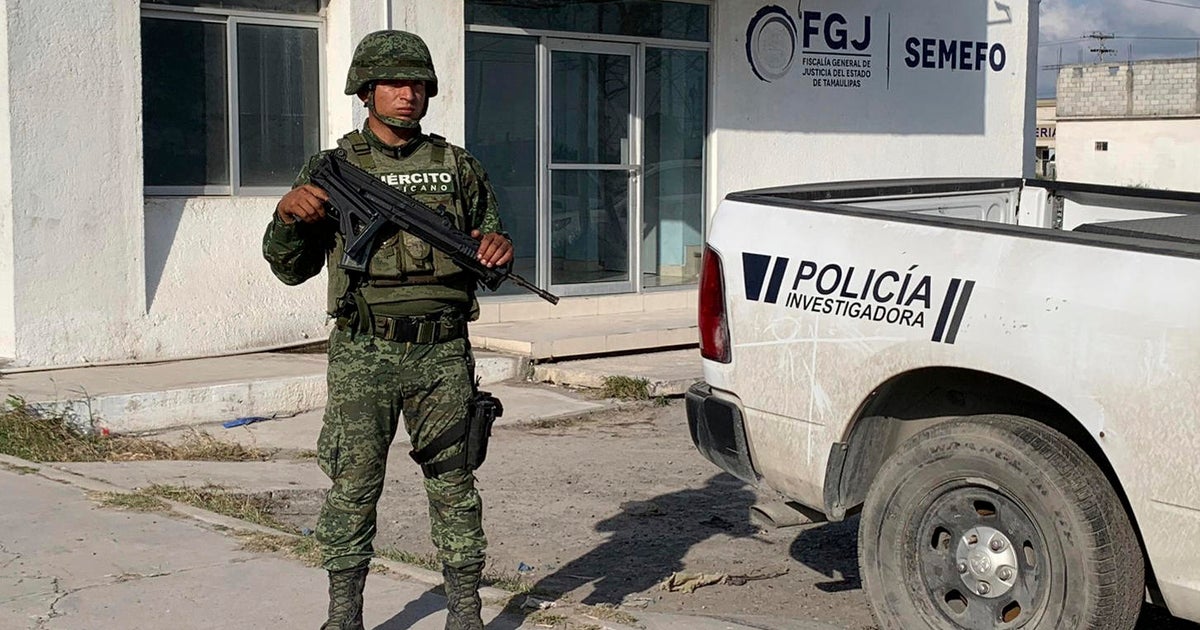Police brutality goes "beyond individual bad apples," professor says
Police violence is not just a problem of individual bad officers but rather the conditions that allow officers to act in ways that have led to the killings of black Americans, says Osagie K. Obasogie, a professor of bioethics at the University of California, Berkeley. Obasogie called police killings "a pandemic" and said they should be considered a public health crisis.
"One of the perspectives that public health can offer is understanding what set of conditions allows police violence to manifest itself in the public, and kind of broaden the conversation beyond individual bad apples or bad cops to really have a better understanding of what is it about our society, our laws and our policies that lead to these predictable outcomes over and over again," Obasogie said Thursday in an interview on CBSN.
The killing of George Floyd in Minneapolis by white police officer Derek Chauvin reignited calls for police reform across the country. His death was "a tragic example" of the systemic problem that has existed in black communities for decades, Obasogie said.
He pointed to the legal concept of qualified immunity, a rule the Supreme Court created in 1967 that makes holding officers accountable difficult, as a "key example" of a factor that has contributed to the problem.
"That is when a police officer is harming someone or engaging in some type of use of force that either leads to death or physical injury, it's very difficult to hold that officer financially responsible," he said. "So we have civil rights statutes that allow individuals to file suit against police officers or government officials when they violate individual rights, but qualified immunity as a rule has gotten in the way."
Obasogie said changing that rule "could be a critical first step to making sure that police act appropriately."
"One way to check police authority or to make sure that individuals are not running rampant and violating people's rights is to say that if you do that, you will be held personally responsible for that and money will come out of your pockets," he said.
Conversations are happening in Congress about rethinking qualified immunity and the Supreme Court may reconsider its position on the rule. But the Trump administration opposes a change.
"There's a conversation about reinvesting in communities, there's a conversation about rethinking our laws and public policies and ultimately, this is a conversation for society to also just kind of start thinking about how is it that this problem could have happened so long in our communities and what can we do to change it?" Obasogie said. "I think we're at the beginning of that conversation, but we have to make sure that this is sustained not simply for a few more days but for many years to come."



